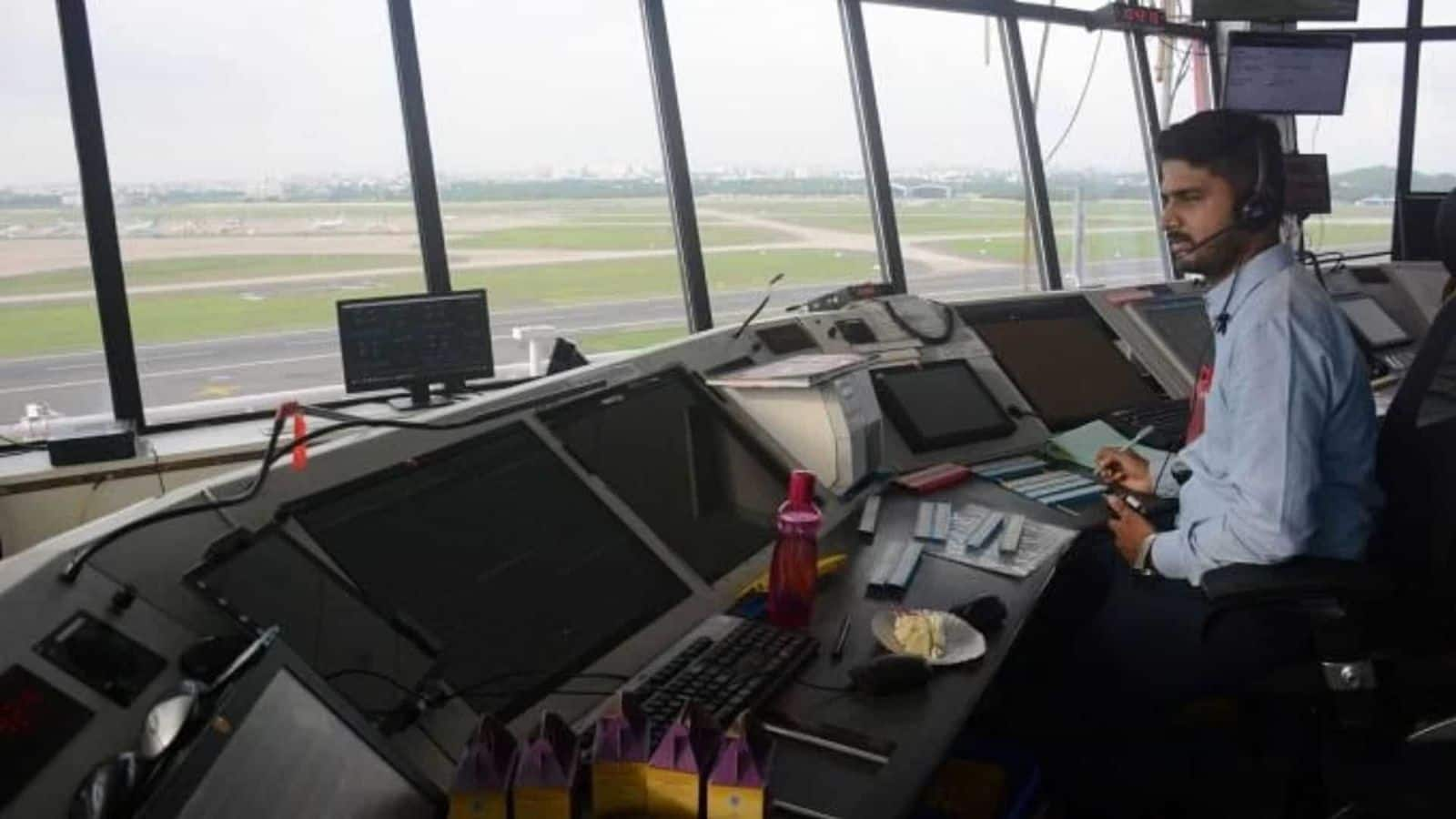
What is ISHAN, India's push for 'one nation, one airspace'
What's the story
India has begun the process of consolidating its four airspace zones into a single entity in order to refine and strengthen air traffic management (ATM). Last month, the Airports Authority of India (AAI) asked for expressions of interest (EoI) to help it make a detailed project report for an Indian Single Sky Harmonized Air Traffic Management at Nagpur (ISHAN). The unification of India's segmented airspace under one authority is expected to enhance efficiency, safety, and smoothness in air traffic operations.
Airspace segmentation
India's airspace is divided into 4 regions
The initiative will help India unify its four Flight Information Regions (FIRs) in Delhi, Mumbai, Kolkata, and Chennai into one continuous airspace in Nagpur. India's airspace is currently divided into four FIRs and a sub-FIR at Guwahati, each managed independently. The proposed unification under the ISHAN initiative aligns with the anticipated growth in the aviation industry, which expects domestic passenger traffic to double by 2030.
Implementation hurdles
What are the challenges in implementing the ISHAN Initiative?
A single FIR would have numerous advantages in terms of safety, efficiency, user satisfaction, reduced carbon footprint, and optimal manpower utilization. However, realizing these advantages will necessitate overcoming challenges like adopting uniform technology, revising processes, and developing new policies. "If this plan is implemented...air traffic controllers of every area control wouldn't be required to coordinate for domestic flights flying above 25,000 feet, as they would all be handled by air traffic controllers (ATCOs) in Nagpur," an AAI official earlier said.
Chopra's insights
Air Marshal Anil Chopra explains the ISHAN Initiative
Air Marshal Anil Chopra said the concept is already in use in Chennai and Kolkata, "where the Chennai area controllers handle flights of Bengaluru, Trichy and Hyderabad, and Kolkata area controllers handle flights of Bhubaneswar and Varanasi," he said. "This (ISHAN) will bring huge flexibility to flight routes. Routing flexibility will result in reduced travel time and lower fuel consumption. It'll greatly reduce carbon footprint," he added. Chopra further said that it will minimize the workload of air traffic controllers.